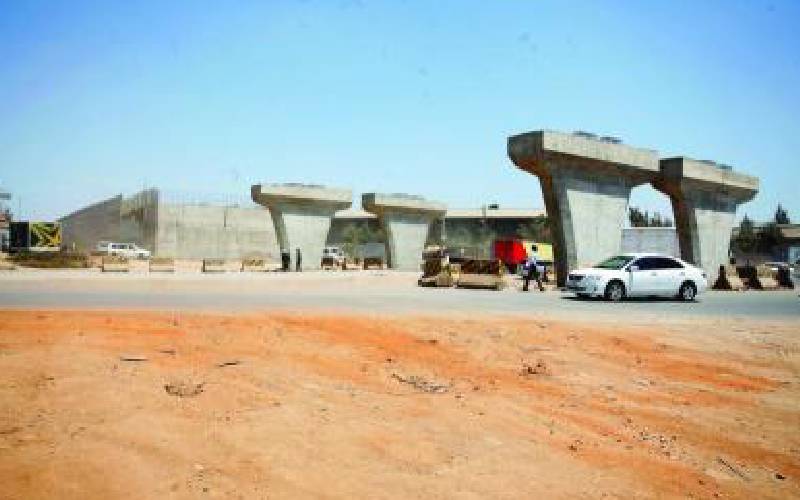×
The Standard e-Paper
Home To Bold Columnists

A mix of inadequate funds and doubtful contractor capability has left enterprises in Industrial Area in a messy situation for close to a decade. This has resulted in huge losses for many firms operating in Kenya’s largest manufacturing hub.